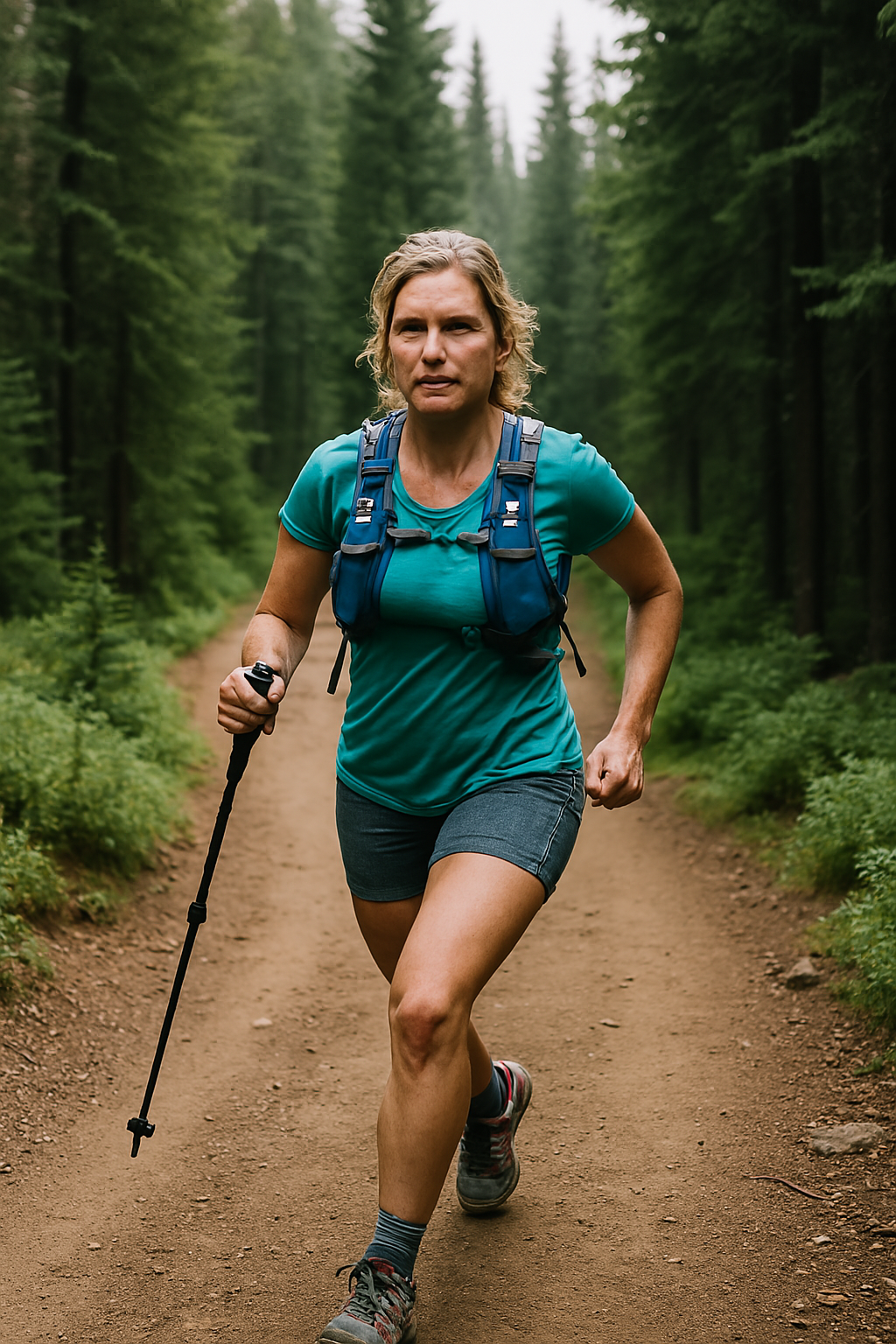This Content Is Only For Subscribers
When grief arrives, it doesn’t always knock. For Steph Jagger, the loss was gradual yet profoundly heavy—her mother’s slow decline from Alzheimer’s disease reshaped her understanding of love, memory, and identity. In the quiet chaos of caregiving and watching someone fade in front of her, Steph found an unlikely compass: endurance sports.
Steph, a writer and lifelong outdoor enthusiast, didn’t turn to running or skiing simply for fitness—it became her form of therapy. “There’s something about moving your body through landscapes that reminds you life still flows,” she reflected in a recent talk. After years of emotional strain, she embarked on a series of endurance challenges not to escape her grief, but to sit with it, to understand it, and eventually, to find peace with it.
One of her most transformative experiences came during a solo multi-day hike in the Rockies. With every ascent and descent, she faced the emotional terrain she had long tried to ignore. “I cried into the wind, I cursed the trail, and I kept moving,” she said. “That’s the only rule in endurance: keep going.” Each hour on the trail became a metaphor for her healing—slow, painful, but persistent.

Steph’s story is not one of overnight recovery. Rather, it’s a reflection of how physical discipline can support emotional resilience. “Training for a long-distance event taught me how to manage discomfort,” she explained. “And that translated into how I managed grief—small steps, steady breath, and grace when I stumbled.”
To others navigating their own emotional landscapes, Steph offers this advice: let your body move through your pain. Whether it’s walking through a city park or cycling across counties, the act of movement becomes a form of medicine. “You don’t need to be an athlete. You just need to listen to what your body—and your heart—are asking for.”
She also urges outdoor enthusiasts to drop the pressure of performance. “You’re not out there to prove anything,” she says. “You’re out there to remember that you’re alive, and that in itself is enough.”
Steph’s experience is a powerful reminder of the connection between mental health and movement. Her story underscores how, especially in difficult times, the trail can become a place not just of endurance—but of deep, meaningful healing.



